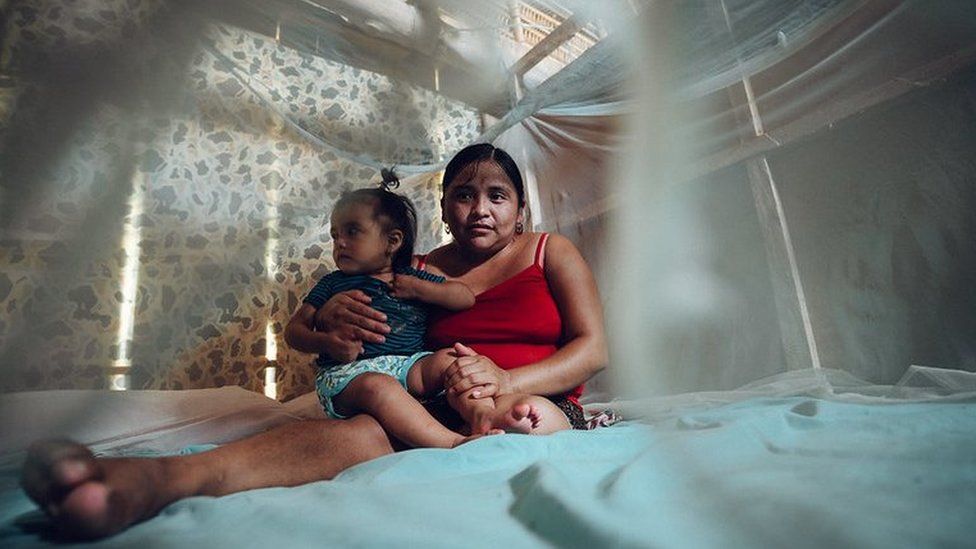Belize has been deemed malaria-free by the World Health Organization (WHO).
From 10,000 cases in 1994 to zero indigenous cases in 2019, according to the WHO, the Central American country "achieved a dramatic reduction" in malaria cases.
It stated that Belize's accomplishment would serve as motivation for other Americas nations where malaria is endemic.
Some mosquito species can transmit the deadly disease malaria to humans.
According to the WHO, Belize has maintained the fight against malaria as its top priority in terms of public health.
It praised the nation for distributing insecticide-treated mosquito nets and encouraging indoor insecticide spraying.
According to the organization, trained community health workers "played a crucial role in timely diagnosis and treatment" of malaria.
A country receives a malaria-free designation from the WHO when it can demonstrate, "with rigorous, credible evidence," that there has been no malaria transmission occurring there for at least three years running. .
After Tajikistan and Azerbaijan, Belize is the third nation to receive certification this year.







